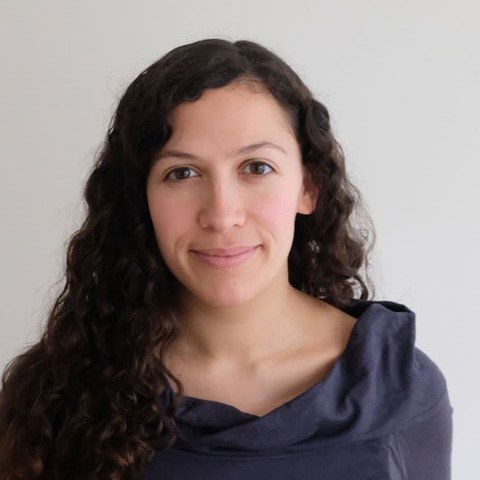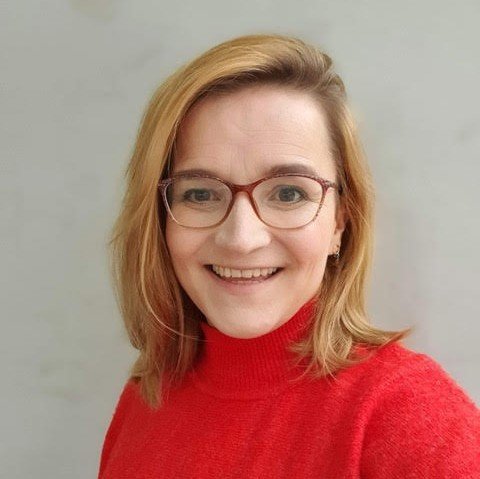During the COVID-19 outbreak, one-size-fits-all treatments have been demonstrably ineffective in terms of both patient outcomes and use of limited resources. By quickly analyzing data, AI-based models help to save lives. They can mediate and accelerate the development of management and treatment plans that are personalized for each patient, depending on their unique characteristics and needs, including the best policies for employing mechanical ventilation and/or experimental treatments. Dynamic Machine Learning modelling can predict the evolution of a patient’s health state over time during hospitalization and medical care, allowing the efficient deployment of resources.
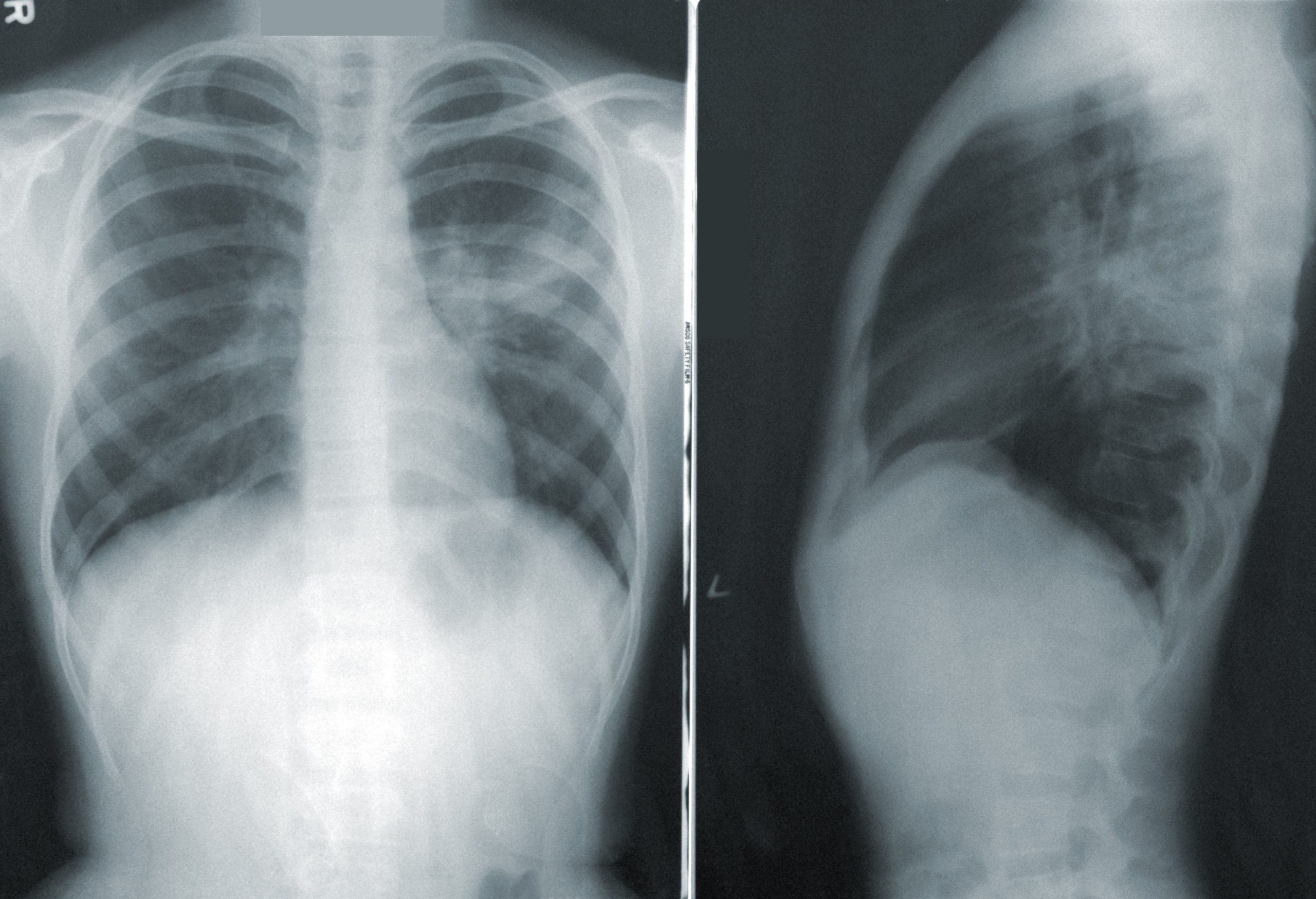
AI is drastically changing the processes of clinical lung imaging. For example, the use of AI to analyse chest X-ray and computed tomography (CT) data has been proven as a fast and reliable diagnosis method for COVID-19. While the interpretation of an individual patient’s scans by highly skilled medical staff can take hours of highly valuable time in the current healthcare infrastructure, a tireless ML algorithm can interpret the data automatically and error-free in seconds. Moreover, AI ensures high quality diagnostics at the very early stage of lung infection by tracking subtle markers of abnormal zones that begin in one or both lungs.
Novel vaccines and treatments are increasingly required to deal with an expanding range of global healthcare challenges. The current worldwide outbreak of Covid-19 has clearly demonstrated the urgent need for the rapid development of therapies, accelerated drug production, and novel vaccine development. AI is a useful tool for the optimization of vaccine production as well as for understanding logistical issues during pandemics. Advanced Machine Learning can significantly enhance the efficiency and effectiveness of randomized control trials, which are a crucial rapid and reliable testing phase of drugs. In addition, ML algorithms can eliminate the impact of human error and bias in data collection and processing.

Experts:
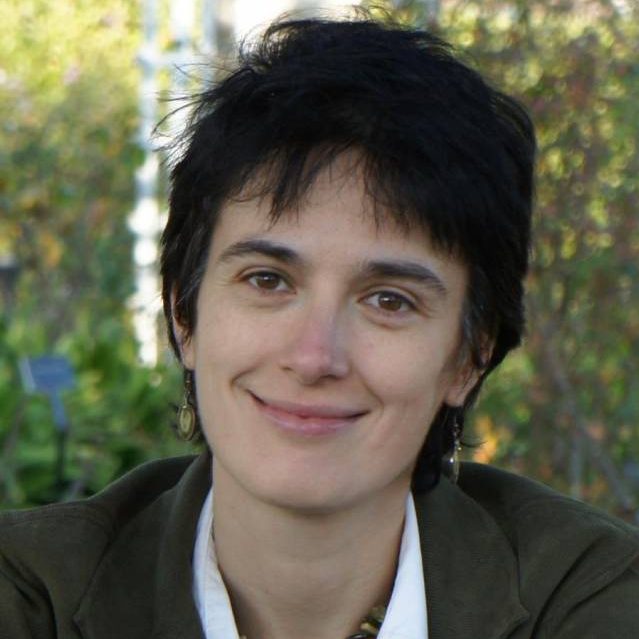
Mihaela was elected IEEE Fellow in 2009. She has received numerous awards, including the Oon Prize on Preventative Medicine from the University of Cambridge (2018), a National Science Foundation CAREER Award (2004), 3 IBM Faculty Awards, the IBM Exploratory Stream Analytics Innovation Award, the Philips Make a Difference Award and several best paper awards, including the IEEE Darlington Award.
Mihaela is personally credited as inventor on 35 USA patents (the majority of which are listed here), many of which are still frequently cited and adopted in standards. She has made over 45 contributions to international standards for which she received 3 ISO Awards.
Mihaela has published more than 600 papers, including 280 journal articles and over 300 conference papers. She has also authored several books and book chapters.
In terms of recent academic output in top machine learning venues, Mihaela ranked among the 10 researchers with the most accepted papers at ICML 2020 (and was the only female researcher on the list); she was only one of two women among the 40 researchers with the most accepted papers at NeurIPS 2019. In 2019, Mihaela was identified by National Endowment for Science, Technology and the Arts as the most-cited female AI researcher in the U.K. She was also elected a 2019 “Star in Computer Networking and Communications” by N²Women.
While her current research is firmly centered around machine learning for healthcare, Mihaela’s previous work is exceptionally diverse and impactful, spanning a wide range of fields including multimedia compression, processing and transmission; multi-user wireless networking; applications of game-theoretic ideas in engineering contexts; and multi-agent learning in engineering systems.
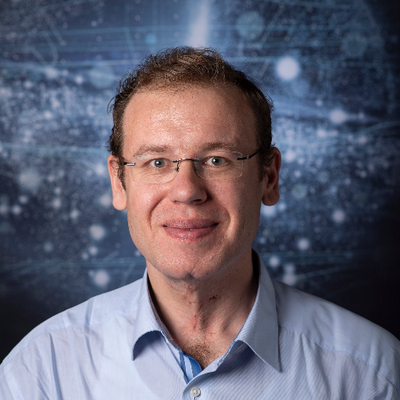
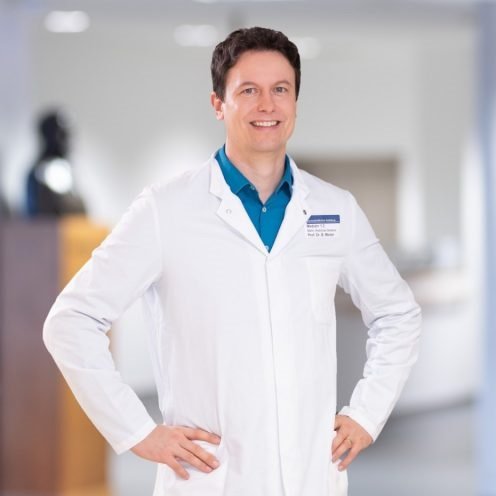
Deputy Medical Director (Klinik für Kardiologie, Angiologie, Pneumologie)
Management (Institut für Cardiomyopathien Heidelberg)
Management (Herzkatheter)
Research group head (AG Molekulargenetisches Labor für funktionelle Molekulargenetik und translationale Biotechnology)
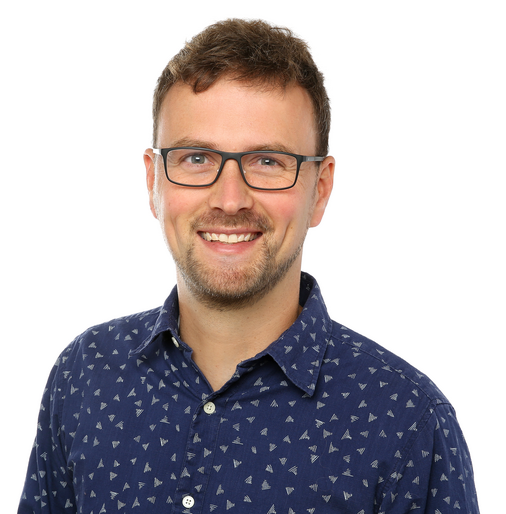
Previously, he was leading the machine learning team at the corporate research department of the ZEISS Group develop machine learning solutions for a wide range of products. Furthermore, he have been a lecturer in the computer vision group at the Friedrich Schiller University of Jena (Germany) leading the machine learning research activities and he worked as a PostDoc in the computer vision group of Trevor Darrell at ICSI/EECS (UC Berkeley, California).
